VPN vs Proxy vs Tor: What are the differences?

In the world of online security and privacy, virtual private networks (VPNs), proxies, and Tor stand out as three top-notch tools. But what sets them apart? Join us as we explore the distinctions between Tor, VPNs, and proxy servers, and delve into the comparison of proxy vs VPN.
Protect your computer with NordVPN.
Detect malware during downloads and block trackers and intrusive ads. Stay safe online with the leading VPN service.
Discover how you can safeguard your internet traffic with an industry-leading VPN, providing a fast, secure, and private connection. Let's dive in and understand the differences between these privacy tools.
What are VPNs?
A VPN acts as a secure gateway between your device and the internet, encrypting your web traffic and routing it through a remote server. When you connect to a VPN, your internet traffic is assigned a remote IP address, making it appear as though you are browsing from a different location. This feature allows you to bypass content restrictions, evade censorship, and protect your online activities from prying eyes.
Leading VPN services like NordVPN, ExpressVPN, and SurfsharkVPN offer comprehensive solutions for users seeking enhanced privacy and security. By installing their dedicated apps on your device, you can easily connect to their servers and choose your desired location.
One of the key benefits of using a VPN is that it secures your internet connection, making it nearly impossible for anyone to intercept or monitor your online activities. Whether you are accessing sensitive information or simply browsing the web, a VPN ensures that your data remains encrypted and protected.
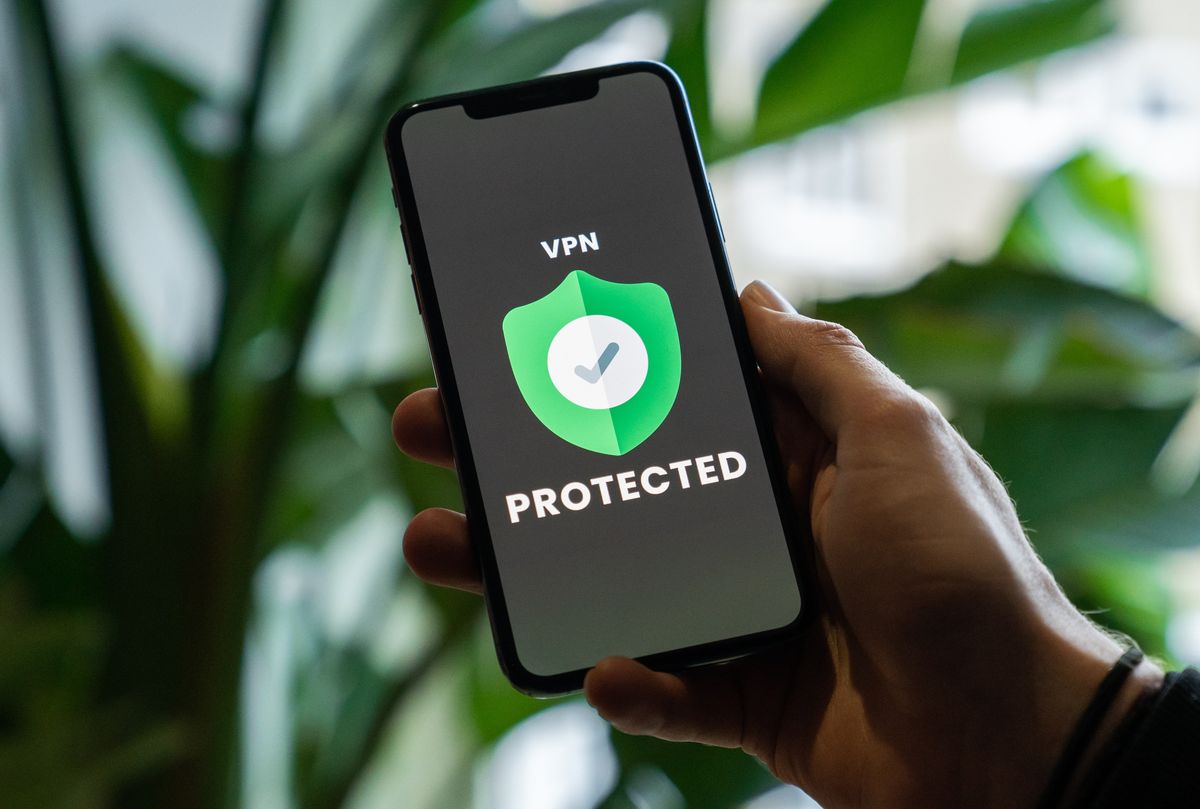
What are proxies?
A proxy server acts as an intermediary between your device and the internet. When you connect to a proxy, your requests are first sent to the proxy server, which then forwards them to the target website or server on your behalf. This process helps conceal your IP address, as the website or server only sees the IP address of the proxy server.
Proxies come in various forms, including local proxies and internet proxies. Local proxies allow you to connect to a local router, which then connects to the internet on your behalf. On the other hand, internet proxies are accessed remotely, enabling you to alter your apparent location and protect your data from being easily traced.
While proxies offer some level of privacy and IP masking, they lack the robust encryption provided by VPNs. Without encryption, your internet traffic remains vulnerable to interception and surveillance. However, proxies can still serve as a useful tool for bypassing geo-restrictions and accessing specific websites or services.
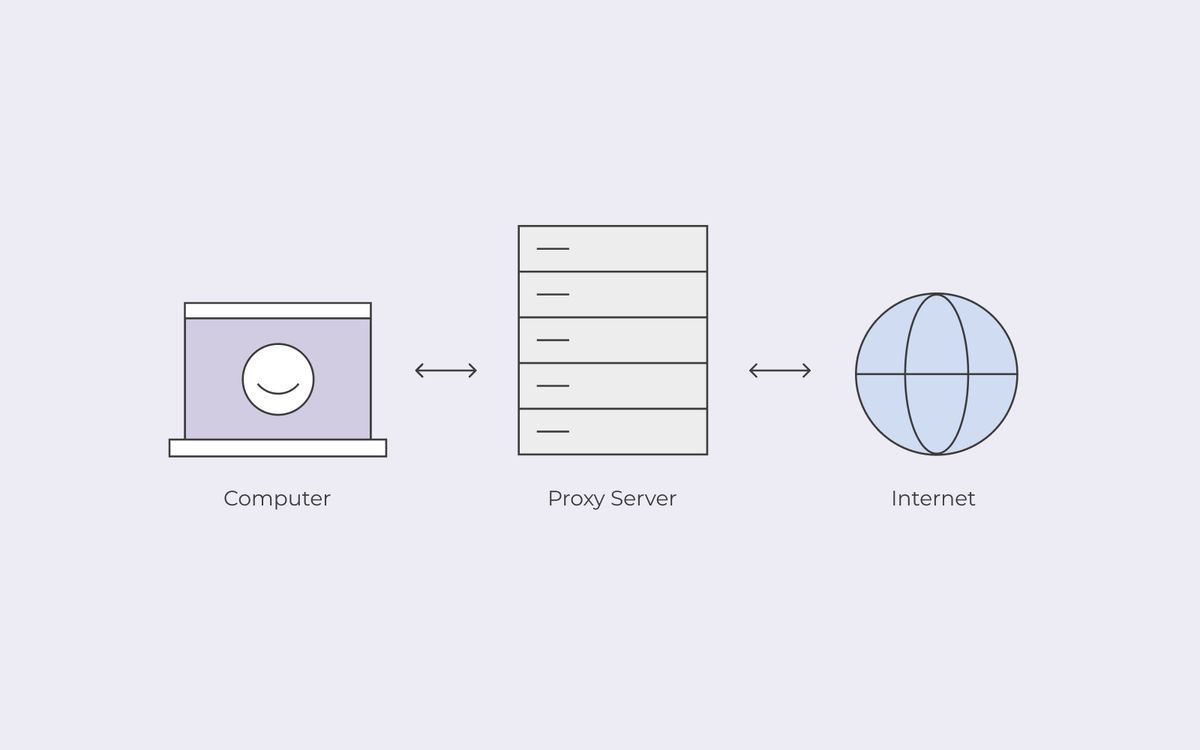
What is Tor?
Tor, short for "The Onion Router," is a software tool that anonymizes your internet connection by routing your traffic through a network of volunteer-operated servers called nodes. Each node in the Tor network adds an additional layer of encryption to your data, making it extremely difficult to trace your online activities back to your original IP address.
Tor is particularly useful for individuals who require a high level of privacy and anonymity, such as journalists, whistleblowers, and activists. By concealing the origin of your internet connection, Tor helps protect your identity and allows you to browse the web without leaving a digital footprint.
However, it's important to note that Tor's focus on privacy comes at the cost of speed. Due to the numerous encryption layers and the extensive routing process, browsing the internet through Tor can be considerably slower compared to using a VPN or a proxy.
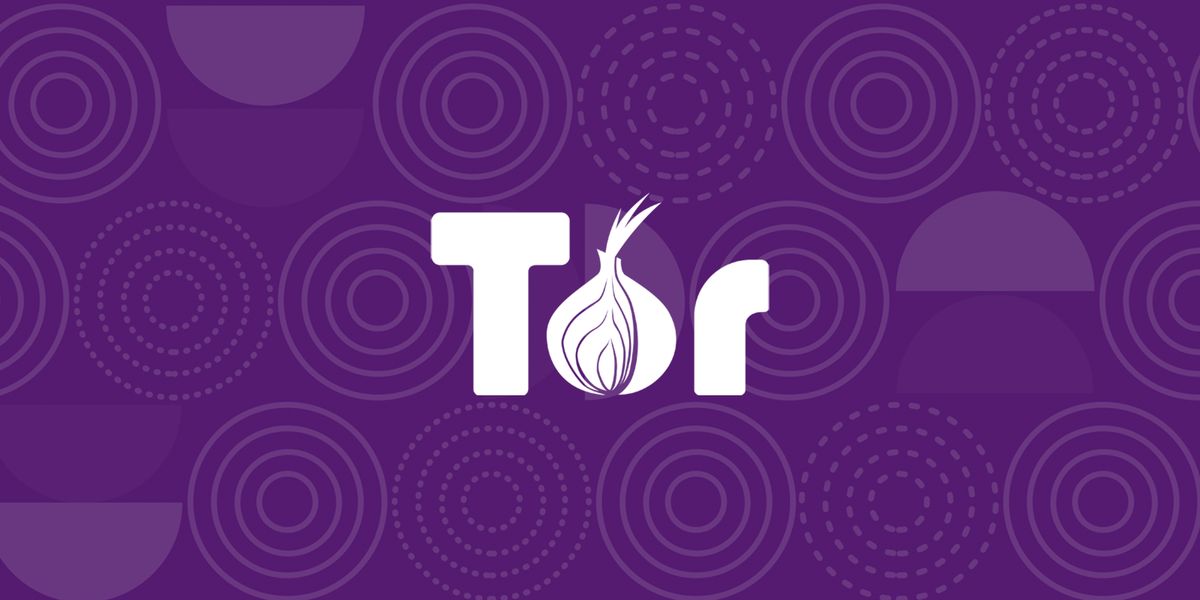
VPN vs proxy vs tor
When deciding which tool to use for your online privacy and security needs, it's essential to understand the trade-offs involved.
Here's a comparison of the key features of VPNs, proxies, and Tor:
Cost: VPN services like NordVPN, ExpressVPN, and SurfsharkVPN typically require a subscription fee, whereas many proxies are available for free.
When it comes to payment options, NordVPN currently offers a tempting deal with a 59% discount and an extra three months added on top. This allows users to take advantage of their impressive security features at a reduced price.
Alternatively, ExpressVPN provides a 12-month package that includes three additional months for free, guaranteeing uninterrupted VPN service. SurfsharkVPN also presents an appealing pricing offer for their highly praised VPN service, with a remarkable 82% discount and an extra two months of service included.
The number of users: VPNs generally allow unlimited simultaneous connections, while proxies often have restrictions and may be limited to a single user.
IP address masking: Both VPNs and proxies can mask your IP address, making it appear as though you are browsing from a different location.
Web encryption: VPNs encrypt your internet traffic, providing an additional layer of security. Proxies, on the other hand, do not offer encryption, leaving your data vulnerable to interception.
Coverage: VPNs offer global coverage, allowing you to connect to servers in various countries. Proxies, however, are often limited to specific websites or apps.
Bypassing geo-blocking: Both VPNs and proxies can help you bypass geo-restrictions, enabling access to regionally restricted content.
Speed: Speed is a crucial factor to consider when choosing between VPNs, proxies, and Tor. While Tor provides the highest level of anonymity, its extensive routing process leads to slower browsing speeds. VPNs offer a balance between privacy and speed, with leading services like NordVPN, ExpressVPN, and SurfsharkVPN offering optimized server networks for faster connections. Proxies are generally faster than Tor but lack the encryption and comprehensive security measures provided by VPNs.
In summary:
- VPNs, such as NordVPN, ExpressVPN, and SurfsharkVPN, offer comprehensive encryption, global coverage, and faster speeds, making them an excellent choice for users seeking privacy without sacrificing performance
- Proxies provide basic IP masking capabilities and can be useful for bypassing restrictions on specific websites or apps
- Tor excels in providing high-level anonymity and privacy but comes at the cost of slower browsing speeds
Ultimately, the choice between VPNs, proxies, and Tor depends on your specific requirements and the trade-offs you are willing to make for enhanced online privacy and security. But if you decided to go with a VPN, here is how to choose the perfect VPN for your needs.
Disclaimer: Some of the links added in the article are part of affiliate campaigns and may represent benefits for gHacks.
Advertisement

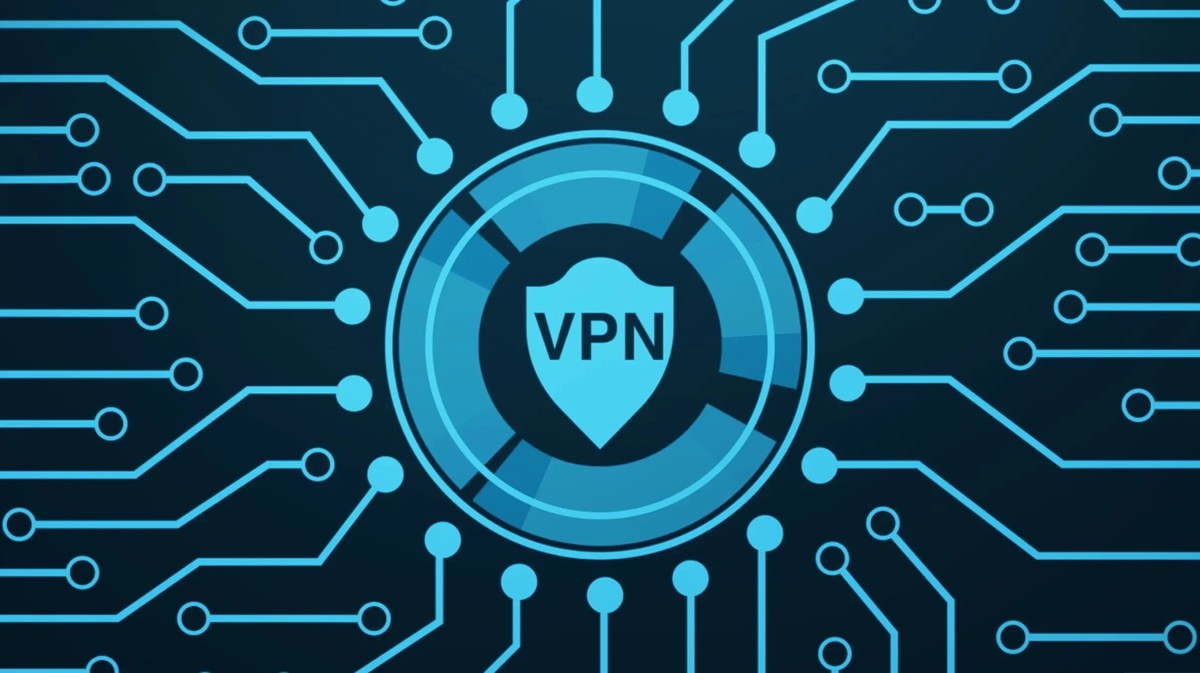
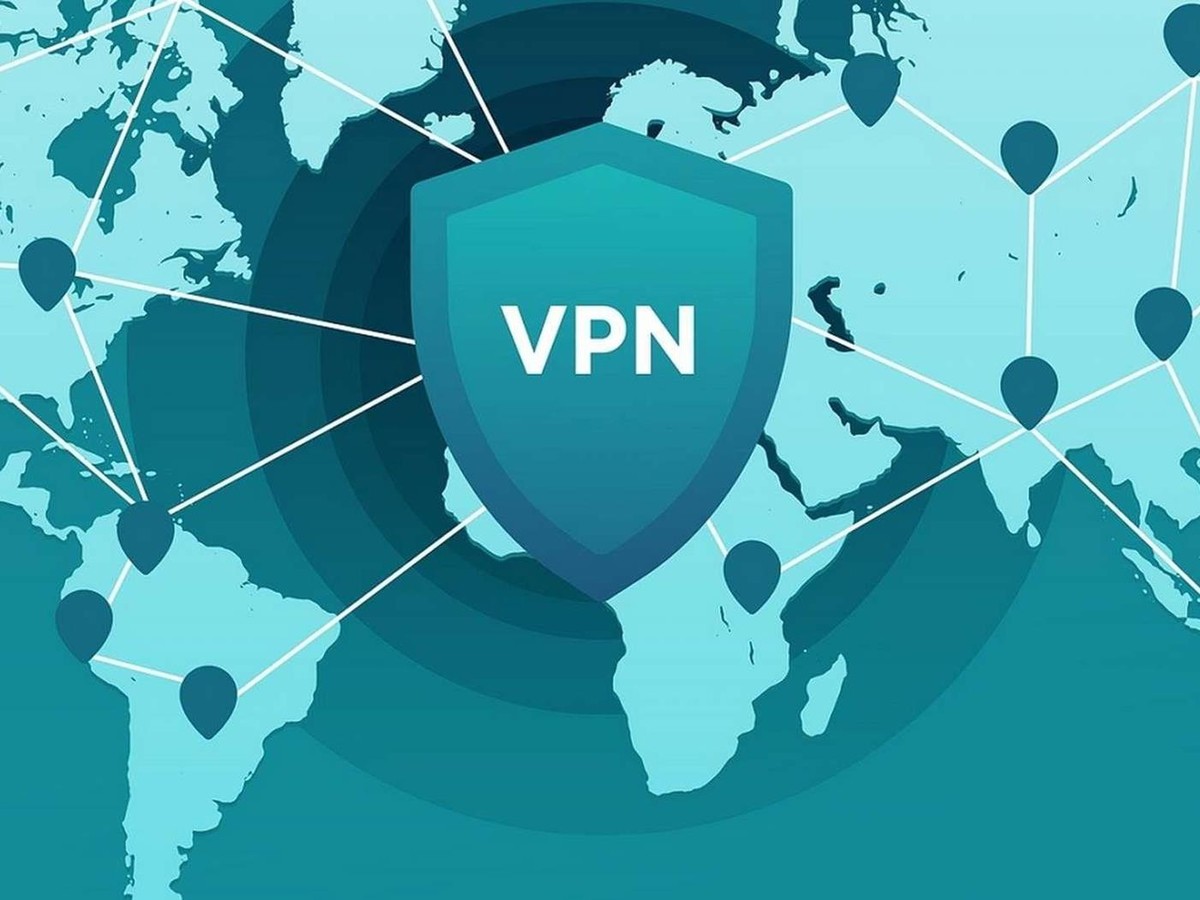
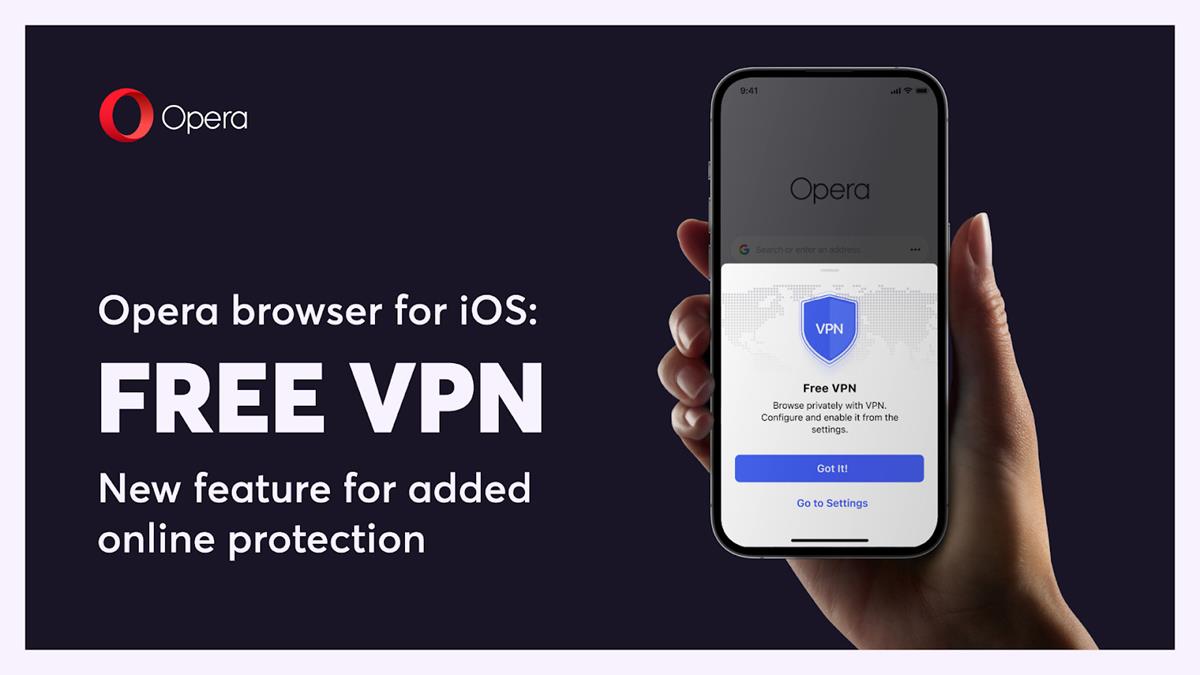















Congrats for the VPN text ad. Even Facebook’s privacy engineers’ smart tricks do not integrate their ads as well in the middle of actual content to avoid detection and elimination. And after blockchains and AI, are VPN making a big comeback in the spam family here, considering the recent sequence of VPN related articles ?